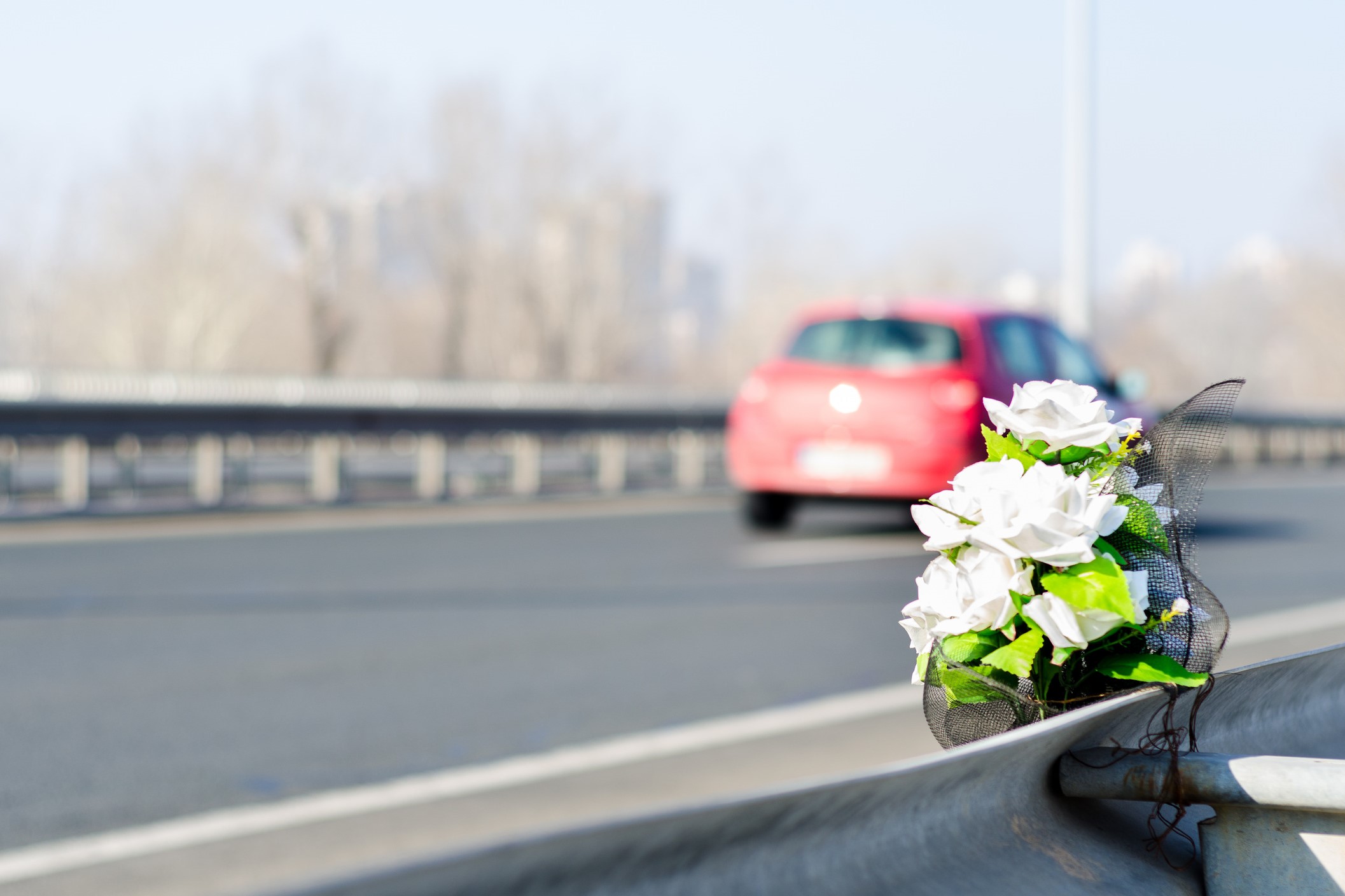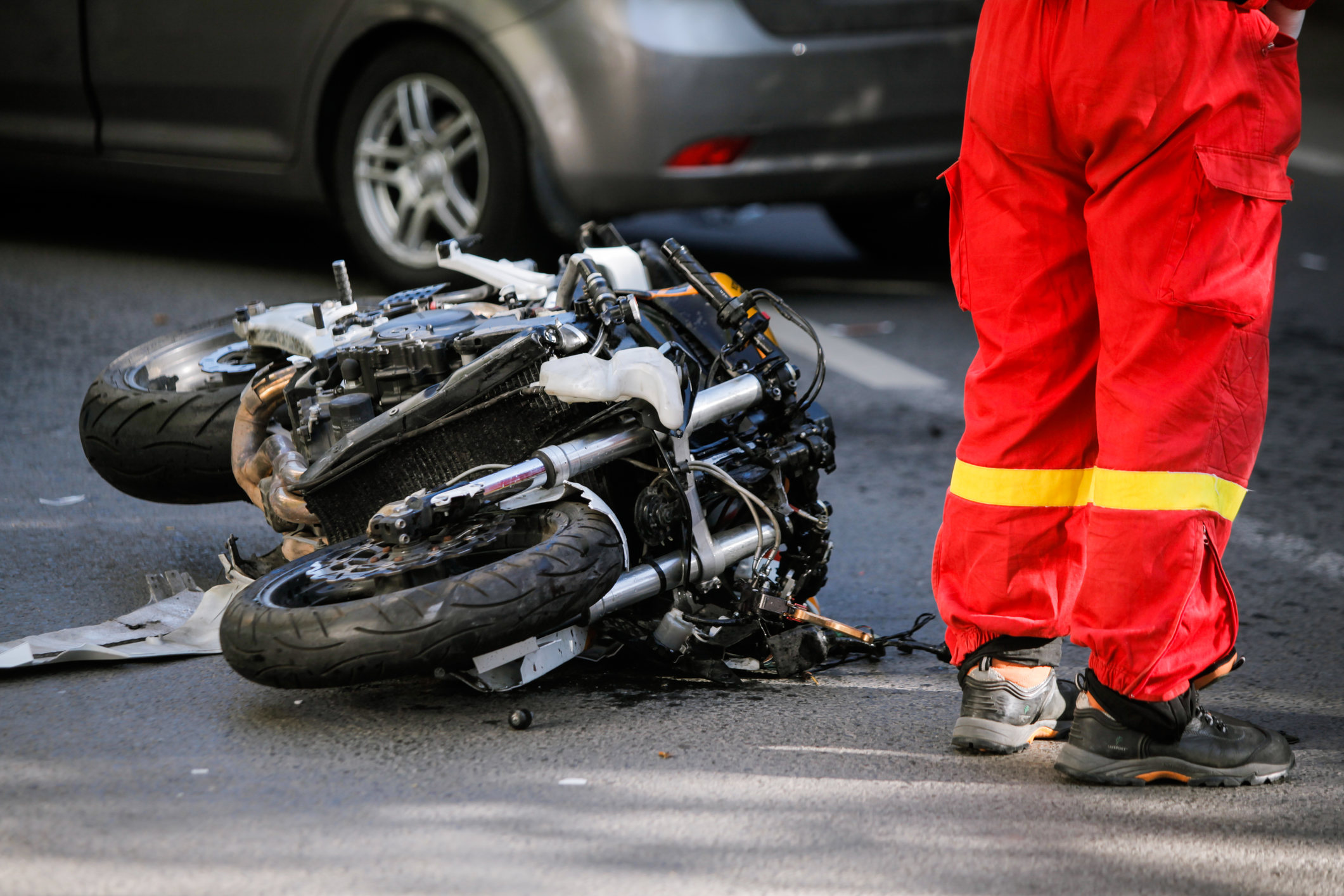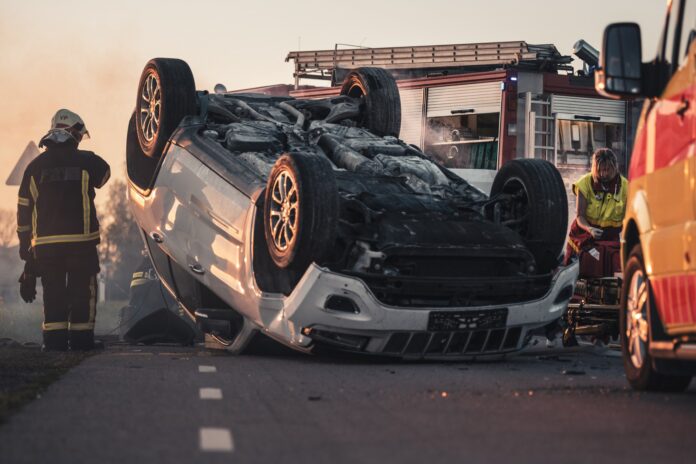This is National Road Safety Week – a time that should make us all brake hard.
Authorities will try to turn our heads so we are made to look at the loss, costs and damage of crashes on the black arteries that are designed to keep our nation moving.
The constant competition for attention means they will have a tough time of it, even if the roads kill children under 15 more than anything else and are the second-biggest killer of Australians aged between 15 and 24.
At the time of writing, 94 people have already died on Queensland roads this year, with 17 deaths on the Sunshine Coast.
That is 37 car drivers, 12 passengers, 31 motorbike riders and passengers, two cyclists, three personal mobility device users and one pedestrian who will not see the break of another day.
Standing back from the sad and sorry picture, it seems incredible that we do not blink at, much less weep about, the scale of the death and injury.

If it were a disease, there would be pandemonium.
We would be masked and sanitised, vaccinated and isolated, desperate for prevention and cure.
Perhaps the error was made in choosing to count the dead rather than the injured.
It has made us numb to the horror for all but the crashes that take those we know or love.
While death brings unthinkable grief for the loved ones left, injury can bring losses in
waves for years to come.
Do you have an opinion to share? Submit a Letter to the Editor at Sunshine Coast News via news@sunshinecoastnews.com.au. You must include your name and suburb.
Statistics show that 40,000 people are seriously injured in crashes nationally each year.
Perhaps we think too much in terms of cars and reckless drivers, when the roads also feature bicycles and motorbikes, trucks and vans.
And while some crashes are the result of deliberate carelessness, so many more involve those who are simply tired, distracted or driving too fast.
Safety experts will attest that road carnage is preventable.
Decades of data has helped shape our on-road behaviour through changing legislation.
We only respond collectively when the law makes us do so.

Once, we eschewed seatbelts (deeming them too restrictive, if you can believe it) and resisted being told to wear helmets on bikes.
We once drank more alcohol and still got behind the wheel.
It seems unthinkable now.
When every year about 1200 people die nationally, the best we can do is accept responsibility for our own conduct and pledge to drive in a way that will help others survive.
Jane Stephens is a UniSC journalism lecturer, media commentator and writer.





